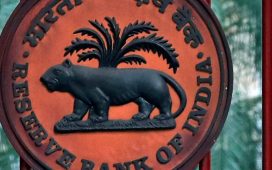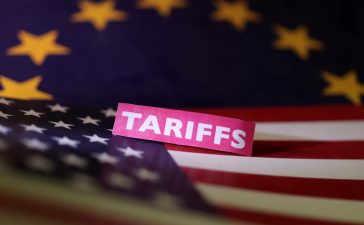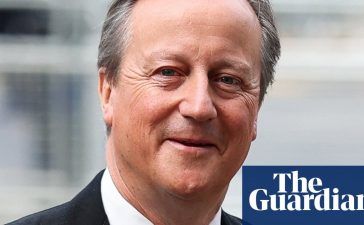
The dispute between Musk and Moraes has been intensifying for months, highlighting a broader conflict over the regulation of social media in Brazil, as per the report by Forbes.
What is the dispute?
The tension between Musk and Moraes first came to public attention in April when X’s global government affairs team revealed that the platform was compelled to block several popular accounts in Brazil.
X claimed it was not informed of the specific reasons behind these block orders or how the posts violated Brazilian law. The blocked accounts were part of an investigation led by Moraes into “digital militias” accused of spreading misinformation and divisive content, as reported by The Guardian.
Musk publicly criticized the lack of transparency surrounding these orders, and in a pointed tweet, directly tagged Moraes, accusing him of demanding the suspension of sitting members of Brazil’s parliament and prominent journalists. Musk claimed that X had to comply with these demands under the pretense of enforcing its own rules, which he described as “the most draconian demands of any country” worldwide.
Musk’s Stance
Musk’s frustration with the Brazilian judiciary reached a peak when he vowed to reactivate the accounts that Moraes had ordered to be blocked. In response, Moraes included Musk in an investigation of X, accusing him of obstruction of justice and incitement to crime, according to Time magazine. The legal battle escalated further when X’s government affairs team disclosed that Moraes threatened the arrest of one of its lawyers and imposed a daily fine of 20,000 reais (approximately $3,653 USD) if the platform did not comply with the court orders.In a series of tweets, Musk called for Moraes’ resignation, even likening the judge to the notorious Harry Potter villain, Voldemort. Musk’s strong rhetoric and the looming threat of X’s shutdown in Brazil have sparked a significant public debate about the role of social media in modern democracies and the balance between free speech and regulatory oversight.
The Broader Implications
While some free speech advocates have praised Musk for standing up to what they see as overreach by the Brazilian judiciary, others have questioned his motives and transparency.
Nu Wexler, a partner at the PR firm Four Corners Public Affairs and a former Twitter employee, accused Musk of “cherry-picking” which government orders to comply with, suggesting that economic interests may influence these decisions. Reports indicate that under Musk’s ownership, X has complied with over 80% of government takedown requests, a significant increase from previous levels.
Who Is Alexandre de Moraes?
Alexandre de Moraes is a prominent figure in Brazil’s judiciary, having joined the Supreme Court in 2017. He also serves as the president of Brazil’s electoral tribunal. Moraes has been a key player in investigations targeting former President Jair Bolsonaro and efforts to combat misinformation on social media.
His aggressive stance on these issues has made him both a powerful ally and a formidable adversary in Brazil’s ongoing struggle with digital governance.
FAQs
What does Elon Musk have a degree in?
In 1990, he enrolled at Queen’s University in Kingston, Ontario. After two years, he transferred to the University of Pennsylvania, an Ivy League institution in Philadelphia, where he earned two degrees: a Bachelor of Arts in physics and a Bachelor of Science in economics from the Wharton School.
Is Elon Musk a scientist?
Although Musk doesn’t conduct lab research or publish scientific papers, it would be hard to claim that he isn’t a scientist in some capacity.
Disclaimer Statement: This content is authored by a 3rd party. The views expressed here are that of the respective authors/ entities and do not represent the views of Economic Times (ET). ET does not guarantee, vouch for or endorse any of its contents nor is responsible for them in any manner whatsoever. Please take all steps necessary to ascertain that any information and content provided is correct, updated, and verified. ET hereby disclaims any and all warranties, express or implied, relating to the report and any content therein.









